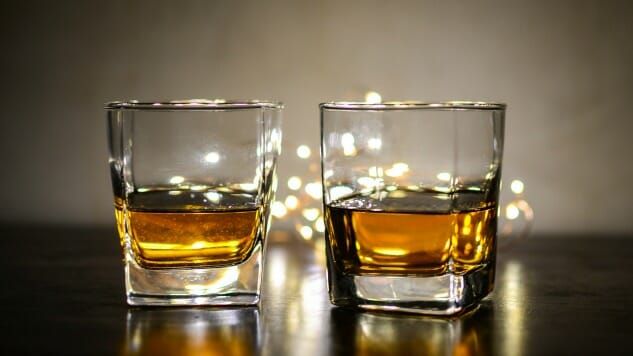
When you order a glass of whiskey at your local bar, are you ordering a whiskey or a whisky? While both are pronounced the same way, that “e” can make a difference in what actually ends up in your glass. It’s also a nuance that most people don’t realize even exists.
Here’s a bit of trivia to impress your friends at the bar this evening:
At it’s most basic level, whiskey with an “e” is from Ireland and whisky without an “e” is from Scotland (that’s right, they call their whisky ‘whisky’ not scotch).
The difference in spelling comes from the translation of the two words in their Gaelic form. The difference stuck, because when the words were first translated there was a solid difference between whisky from Scotland and whiskey from Ireland from a quality standpoint. While now you can buy some truly outstanding and delicious scotch whiskies, in the 1800s the spirit wasn’t considered to be as good as what was being made by its Irish counterpart, and the Irish wanted to make sure that consumers knew the difference.
In the United States, we most commonly used whiskey, but the legal spelling of the word is technically whisky. However, there are a handful of distilleries that still use “whisky,” the biggest of which is Maker’s Mark. Maker’s Mark chose the Scottish spelling because its distillation process is closer to how the Scottish make whisky than how the Irish do.
And the Japanese also use whisky, primarily because it was their study of Scotch whisky that led to the whisky movement in the country, so it makes sense to stick with that spelling.